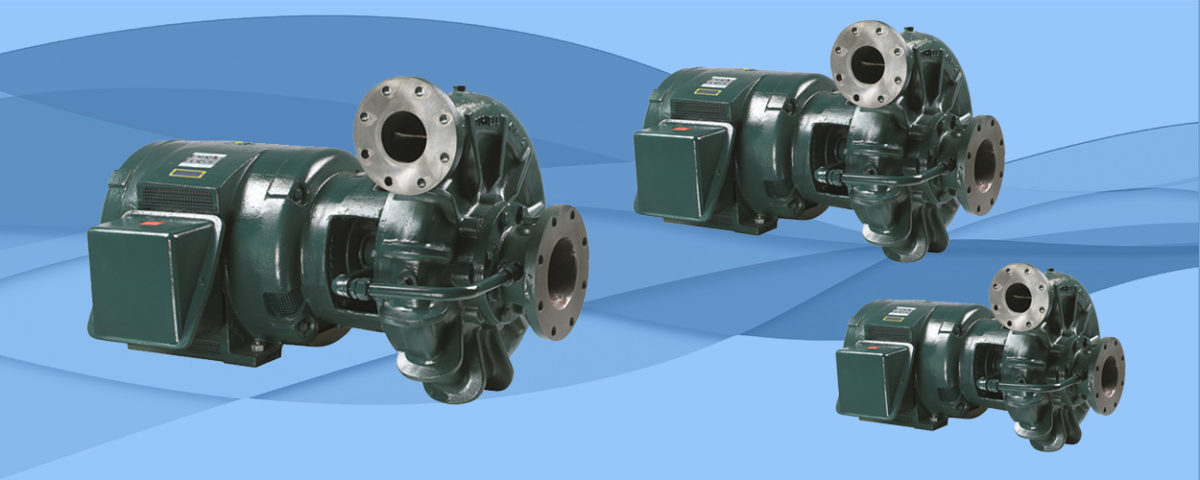If you’re farming or ranching in California, you’re likely using Cornell centrifugal pumps or something similar to pressurize irrigation systems and move water. Cornell began manufacturing pumps for agriculture when the company launched in 1946. Since that time, Cornell engineers have continued to make improvements in pump design and function. Today, Cornell’s pumps are known around the world as the most durable, most reliable, highest efficiency pumps in the industry.
This article to intended to share an excellent resource and boost your knowledge relative to the installation and care of Cornell pumps commonly used in ag irrigation. Whether you maintain your own pumps or just want to improve your knowledge, this Cornell Pump Installation and Care Guide covers a range of important topics:
Pump Installation
- Discharge Piping – Good/bad practices
- Suction Piping – Good/bad practices
- Air Entrainment, Suction Bell and Screen
- Submergence
- Sump Design
- Foundations and Pipe Supports
- Belt Drives
- Drive Coupling Alignment
- Pump Protection
Pump Start-Up
- Priming Methods
- Start-Up Check List
Pump Operation
- Air Leaks
- Bearing Lubrication and Temperature
- Packing and Wear Rings
- Pump Troubleshooting
- Cornell Features Quality
If you need assistance with centrifugal or deep well pumps, contact Cal-West Rain. Since 1989, we have served the irrigation and pump needs of farmers and ranchers across Central California and the Central Coast. With locations in Kerman, Paso Robles, Hanford and Bakersfield, we have the technical expertise, tooling and equipment to handle most needs related to ag irrigation systems and pumps.
Reference Guides
- Installation and Care of Cornell General Purpose Pumps (PDF)
- Cornell Agricultural Irrigation and Manure Pumps (PDF)
Note: This installation and care booklet is an overall guide only for general purpose pumps. Applications and field conditions vary. If you have questions about a specific application, contact Cal-West Rain, Cornell Pump Company or a qualified engineer. The suggestions in this booklet are not intended as engineering specifications for individual applications. Cornell Pump Company makes no performance warranty of the information contained herein with respect to any particular application.

